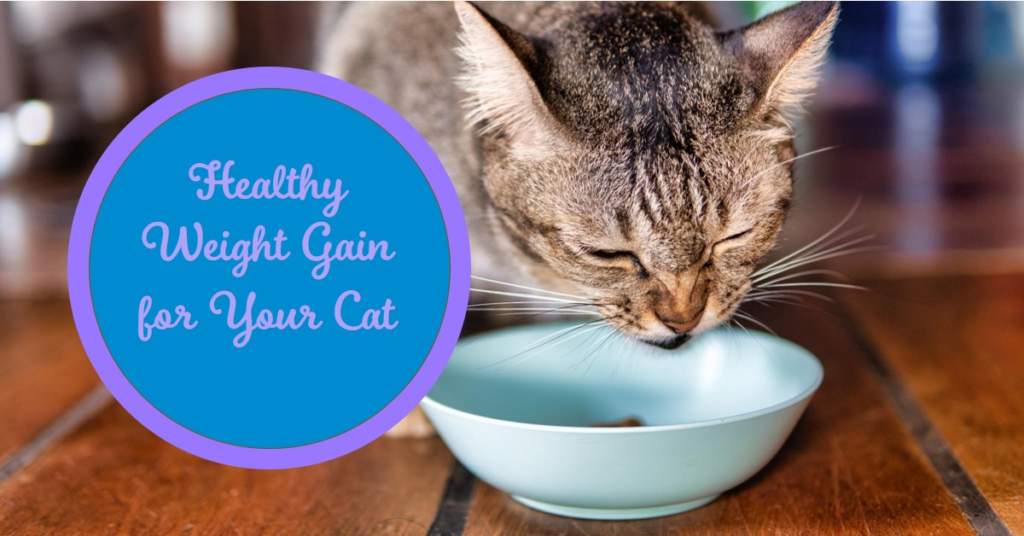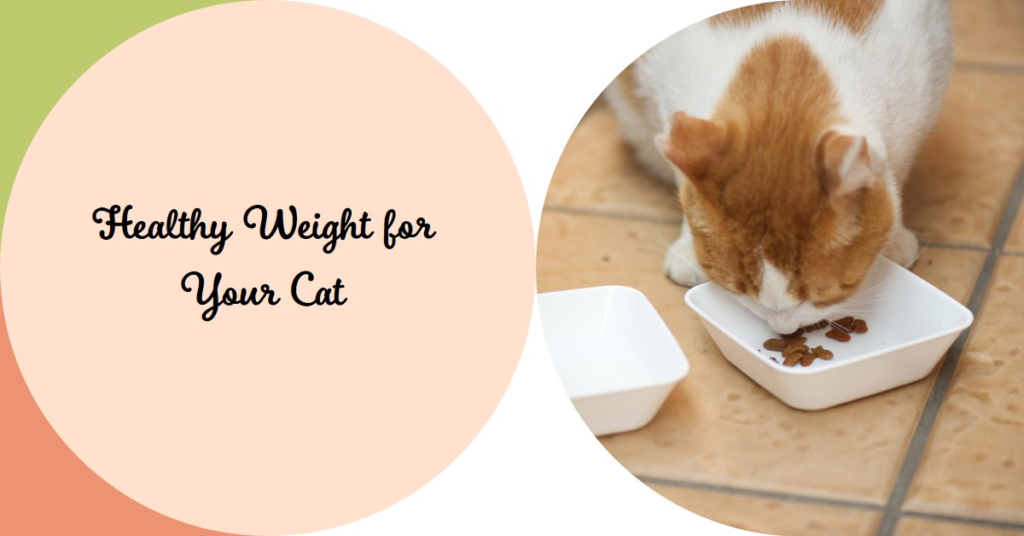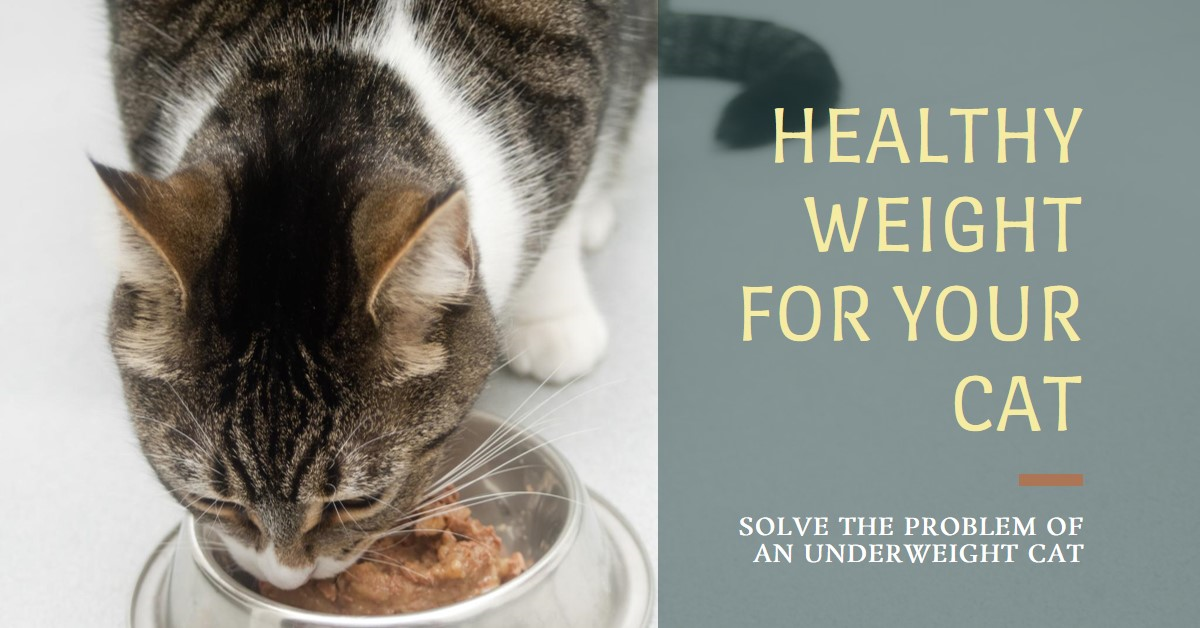High calorie wet cat foods can help solve the problem of an underweight cat that struggles to gain weight. Many owners find their furry feline friend remains too thin regardless of how much they feed. As cats are meant to maintain a specific weight range, being underweight can impact their health and energy levels.
This article discusses how high calorie wet cat food for weight gain formulated with extra nutrients can aid weight gain in underweight cats. Various options will be explored, along with feeding tips to help kitties safely reach a healthier weight.
Why use high calorie wet cat food for weight gain?
There can be various reasons why some cats struggle to gain or maintain a healthy weight. Medical conditions, high metabolism or stress can hinder weight gain in cats. Underweight cats have reduced energy levels and are prone to illnesses. High calorie wet cat food for weight gain aims to address this issue.
They are specifically formulated with more calories, fat and protein than regular wet cat foods. This extra energy and nutrition helps underweight cats feel fuller for longer and boosts metabolism. The wet and tasty texture also makes high calorie wet cat food for weight gain appealing to most cats. This encourages increased consumption and helps underweight cats easily and healthily pack on the pounds.

How do you choose the right high-calorie wet cat food?
When choosing high calorie wet cat food for weight gain, selecting options suited to your cat’s needs is important. Look at the calorie and nutrient profile on the packaging to pick those with higher calories and fat content than regular wet foods. Some good high calorie wet cat food options include Royal Canin Veterinary Diet Weight Gain, Hill’s Prescription Diet Digestive Care Weight Gain formula and Purina Pro Plan Focus Weight Management.
They provide over 500 calories per 100 grams. Canned foods are easier to digest than pouches. Soft textures suit underweight cats best. Go for a brand your cat enjoys to encourage eating. Consult your vet for individual recommendations.
How much to feed?
The amount of high calorie wet cat food to feed weight gain will depend on your cat’s age, size, metabolism, and target weight. As a general guideline, underweight kittens need 2-4 times more calories than adult maintenance levels. For adults, it’s a good idea to start by doubling their regular portions and increasing it gradually over weeks based on weight monitoring.
Divide total daily feed into 3-4 small meals rather than one or two large portions. This keeps carnivorous hunger hormone ghrelin levels elevated to stimulate appetite. Feed in multiple locations to encourage activity between meals. Consult your vet to create a customized feeding plan for your cat’s needs. Monitor weight weekly and adjust amounts accordingly.
Other tips for weight gain in cats
In addition to high calorie wet cat foods, some other tips can further aid healthy weight gain. Ensure stress is minimized through play, petting and affection. Keep food locations consistent for a sense of security. Add calorie-dense toppers like canned sardines, chicken or salmon to their meals. Moderate exercise like play helps build gentle muscles along with weight gain.
Provide unlimited access to fresh water. Monitor for health issues and treat them accordingly. Give calorie-dense snacks judiciously throughout the day. Seek vet advice if there is no significant weight gain even after a few months on a high-calorie diet. Patience and careful monitoring are key to helping the cat gain weight safely and steadily.
Potential concerns when feeding high-calorie wet cat foods
While high calorie wet cat foods are great for weighting underweight cats, there are some potential concerns to watch out for: obesity risk if portions are excessive; gastrointestinal upset like diarrhoea if transitioned too quickly from regular food; and dental issues from a soft-only diet long-term. Monitor weight weekly to avoid overgaining.
When switching, slowly incorporate high calorie wet canned cat food for weight gain into the regular diet over 5-7 days. Brush teeth regularly for dental health. Discontinue high-calorie wet food once the ideal weight is achieved and maintained using an adult nutrition formulation. Consult your vet promptly at any sign of discomfort or illness while using high calorie wet cat food for weight gain.

Benefits of feeding high calorie wet cat food
High calorie wet cat foods provide several health benefits for underweight cats:
- They contain higher calories, fat and protein to boost metabolic rate and energy levels. The extra nourishment helps underweight cats to feel fuller for longer and consume more frequently. This supports steady weight gain naturally.
- High-calorie formulations keep carnivorous hunger hormones elevated to stimulate appetite and consumption. They also provide easy-to-digest nutrition so the body can channel more energy towards growth and weight gain rather than digestion.
- High-calorie wet cat food for weight gain aims to replenish low-weight issues and restore cats to a fitter physical state.
How to select the right high-calorie wet food
When choosing high calorie wet cat food for weight gain, consider ingredients and calories per pack. Options with meat as a top ingredient supply protein for muscle mass. Those listing fat as second or third provide energy. Review nutrition facts to find products with 500 or more calories per 100g serving.
Textures also matter – soft, gravy-coated pieces are gentle on slim cats’ digestive systems. Ensure the food appeals to your cat’s taste to maximize intake. Consult your vet, who understands your cat’s condition, for customized recommendations. A suitable product supports stronger weight gain progress.
Monitoring weight changes
Following a consistent feeding protocol and monitoring weight weekly allows for gauging the effects of high calorie wet cat food for weight gain. Use the same weighing scale and time for each session. Record weights to track the gains over a month. On a high-calorie plan, most underweight cats show a steady 0.5-1% weight rise each week.
Inform your vet about progress so they can adjust the diet as required. Early signs like filling out around the neck and hindquarters indicate positive changes. Note any health issues as they may impact weight. With care, monitoring helps optimize high-calorie feeding for your kitty’s needs.
Conclusion
High calorie wet canned cat food for weight gain provides a tasty and nutritious solution to help underweight cats gain weight safely and effectively. Select options with high calorie and nutrient density suited to your cat’s needs. Carefully monitor portions and weight changes. With patience and proper guidance from your vet, these high-calorie wet cat foods can aid in reaching and maintaining a healthy weight when used judiciously, along with other feeding tips.
Always prioritize your cat’s health, comfort and safety when using high-calorie wet cat food for weight gain as part of your furry feline friend’s care and well-being routine.
Frequently Asked Questions
1. Can overweight cats use high-calorie food?
No, overweight cats require a weight-loss diet plan from their vet. High-calorie foods are only for underweight cats trying to gain weight healthily under vet supervision.
2. Will cats gain too quickly?
Portion size is key – gradually increase intake over weeks under vet supervision to allow healthy, steady weight gain without overfeeding.
3. How long should it be fed?
Feed until ideal weight is achieved, then transition to a maintenance food. Keep the vet informed throughout.
4. My cat refuses to eat it. What should I do?
Try different flavours, mix it with regular food or toppers, feed smaller portions more daily, or consult your vet for appetite stimulant options. Force-feeding is not recommended.
5. Can senior cats eat high-calorie food?
Yes, but monitor intake carefully, as senior cats can easily gain too much. Consult your vet regarding portions and suitable formulas for senior nutritional needs.
Also Read:


